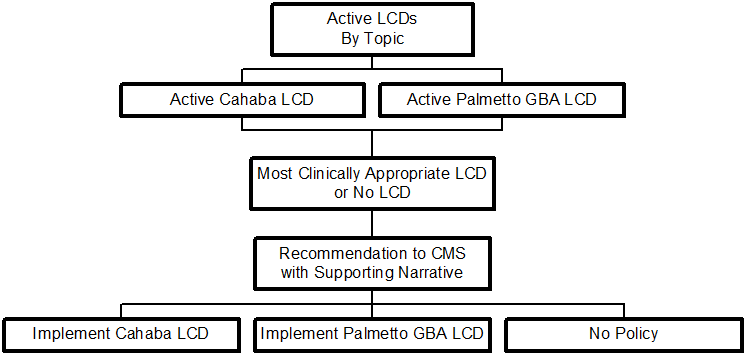What is Promoting Interoperability?
Promoting interoperability was formerly known as “Meaningful Use” under the ARRA HITECH Act of 2009. Promoting interoperability promotes patient engagement and electronic exchange of information using certified electronic health record technology (CEHRT). Promoting interoperability is heavily weighted in the Merit-Based Incentive Payment System known as MIPS (see below). Achieving the performance measure is worth 25% of the MIPS Final Score in 2022. If a physician qualifies as an Eligible Clinician, they report objectives and measure data collected in one of the three CEHRT options below.
MIPS-eligible clinicians report Promoting Interoperability data using one of these three options:
- 2015 Edition, or
- 2015 Edition Cures Update
- A combination of both
The Electronic Health Record must meet several core functions for MIPS reporting. These include “Provide Patients Electronic Access to Their Health Information”
PI_PEA_1 – For at least one unique patient seen by the MIPS eligible clinician:
(1) The patient (or the patient-authorized representative) is provided timely access to view online, download, and transmit his or her health information; and
(2) The MIPS-eligible clinician ensures the patient’s health information is available for the patient (or patient-authorized representative) to access using any application of their choice that is configured to meet the technical specifications of the Application Programming Interface (API) in the MIPS eligible clinician’s certified electronic health record technology (CEHRT).
There are corresponding certification criteria that apply:
§170.315(e)(1) View, Download, and Transmit to 3rd Party
§170.315(g)(7) Application Access — Patient Selection
§170.315(g)(8) Application Access — Data Category Request
§170.315(g)(9) – All Data Request The three criteria combined are the ‘‘API’’ certification criteria
When is the Promoting Interoperability Reporting Period?
There is a minimum EHR reporting period of 90 consecutive days
How do ECs Meet the 2022 Medicare Promoting Interoperability Requirements?
- ECs must report against the four objectives and associated measures:
- Public Health and Clinical Data Exchange
- Health Information Exchange
- Provider to Patient Exchange
- Electronic Prescribing
- Report on three electronic clinical quality measures (aka eCQMs) and the safe use of opioids
- ECs may select three-quarters of data for Prescribing eCQM using three self-selected quarters of data.
- Must also attest to the following Standards:
- Security Risk Analysis measure
- The ONC direct review attestation from the Office of the National Coordinator for Health IT
- Identify any actions to limit or restrict the compatibility or interoperability of CEHRT attestation
- Provide the Safety Assurance Factors for EHR Resilience (SAFER) Guides
If Eligible Clinicians (ECs) select the last 90-days in 2022 as the performance period, then the 2015 Edition CEHRT (or 2015 Edition Cures update or a combination) must be in use by October 3, 2022. ECs must have a certified EHR for the 2015 Edition by December 31, 2022.
What is MIPS?
The Merit-Based Incentive Payment System (MIPS) determines the Medicare payment adjustments. Using a composite performance score, eligible clinicians (ECs) may receive:
- a payment bonus,
- a payment penalty,
- no payment adjustment.
How Can one Determine how to Participate in MIPS?
CMS provides that provider eligibility status is specific to each practice as identified by a taxpayer indentation number that a provider is associated with and is based on the following four factors:
- clinician type;
- date of Medicare provider enrollment
- whether a clinician meets or exceeds all three elements of the low-volume threshold; and
- Whether a clinician achieved Qualifying APM Participant (QP) status
Do the MIPS Quality Measures Vary by Medical Specialty?
Yes.
The number of MIPS quality measures varies by medical specialty, and are worth up to 30% of the overall score, along with 25% for promoting interoperability, 15% for improvement activities
When do ECs receive payment for MIPS and Promoting Interoperability reporting?
These steps must be completed to receive payment
- First check eligibility to report and participate
- Understand the reporting options and collect the data
- Verify eligibility and required reporting Standards
- Report the data
- Review MIPS performance feedback
- Receive a neutral, or negative payment
A QPP Participation Status tool enables clinicians to view their eligibility status.
Electronic Health Record Forensics

